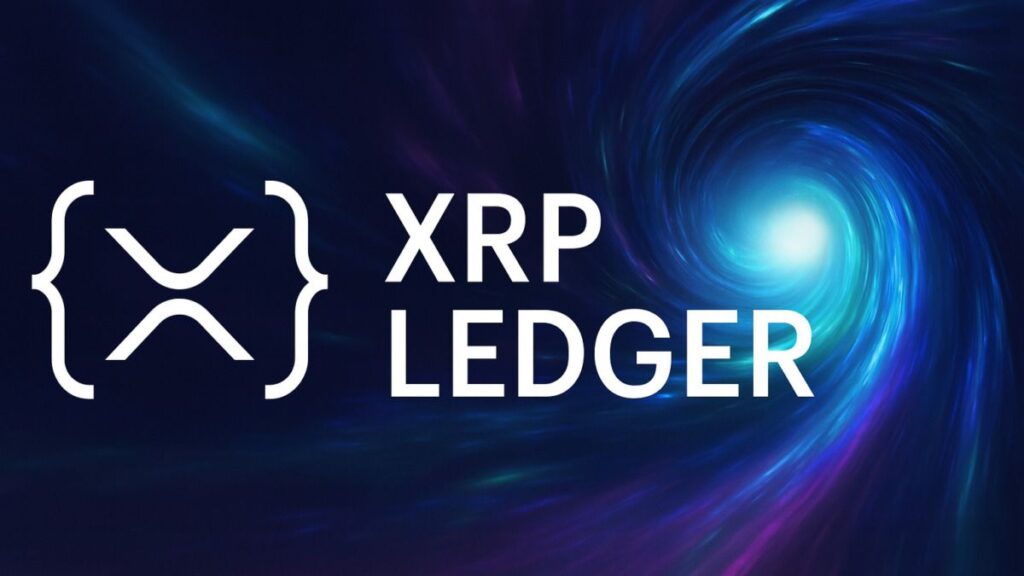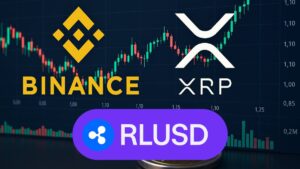TL;DR
- XRPL Validator Vet clarified that XRP Ledger smart contracts differ significantly from Ethereum or Solana contracts, emphasizing integration with native XRPL features.
- The smart contracts are designed to work seamlessly with XRPL, allowing permissionless execution without affecting validators or existing use cases.
- Developers can now test these smart contracts on AlphaNet, opening opportunities for DeFi, gaming, cross-chain bridges, token utilities, and governance systems.
The XRP Ledger has taken a step forward in expanding programmability with smart contracts. Recently, XRPL Validator Vet addressed a widespread misconception: XRP smart contracts are not replicas of Ethereum or Solana contracts. Instead, they are designed specifically to enhance the XRP Ledger’s capabilities while maintaining its core structure and performance. These contracts offer developers flexibility, allowing experimentation with new functionalities and integrations without disrupting the existing network ecosystem.
XRP Smart Contracts are unique and differentiated. Tailored to fit the XRP Ledger.
— Vet (@Vet_X0) November 23, 2025
I flagged very early that the term XRP Ledger "smart contracts" does not imply being Ethereum or Solana.
Access to Native features ✅ We have building blocks we want to leverage. Not replace.… pic.twitter.com/XcZrN1IW6d
Understanding XRP Ledger Smart Contracts
Vet explained that XRP Ledger smart contracts integrate directly with the ledger’s native features, rather than replacing them. Unlike some blockchains where smart contracts operate independently, XRPL contracts are designed to work within the existing consensus protocol and ledger architecture. This ensures that user code can execute without requiring approval from the Unique Node List (UNL), keeping the network permissionless by design.
XRP smart contracts also prioritize minimal impact on existing XRPL users. Payments, node performance, and validator costs remain largely unaffected, making it easier for developers to adopt and experiment without compromising network security or efficiency. The architecture allows scaling of complex applications while maintaining predictable performance, which is critical for enterprise adoption and long-term network stability.

Opportunities Enabled by Smart Contracts
The AlphaNet release allows developers to explore a range of use cases. Cross-chain bridges can enable interaction with other blockchain networks, while DeFi applications can include derivatives, perpetual contracts, and advanced trading systems. Token utilities allow staking rewards for issued tokens, and governance mechanisms can support on-chain voting and proposal systems. Gaming applications can leverage smart contracts for asset management, decentralized game logic, and NFT marketplace rules.
XRP Ledger’s smart contracts are not intended to mimic existing designs from other blockchains at the cost of XRPL’s functionality. By building on XRPL’s native building blocks, developers can innovate while maintaining the ledger’s core performance and security standards. They can also integrate additional layers for analytics, monitoring, and automated reporting, further enhancing the development experience.
The clarification from XRPL Validator Vet confirms that XRP smart contracts are a tailored solution for the ledger, emphasizing compatibility, security, and ease of development.










